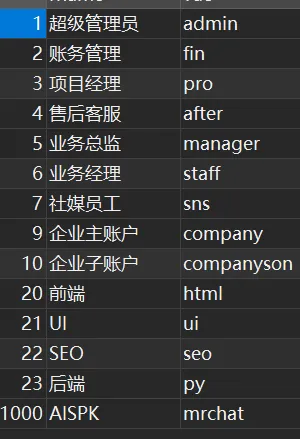



potassium monopersulfate
Understanding Potassium Monopersulfate Properties and Applications
Potassium monopersulfate, also known as potassium peroxymonosulfate (PMS), is an important chemical compound widely recognized for its utility in various industries, particularly in water treatment, swimming pool sanitation, and as a cleaning agent. This compound, with the molecular formula KHSO5, is characterized by its powerful oxidizing properties, making it an effective agent for a variety of applications.
Chemical Properties
Potassium monopersulfate is a white, crystalline powder that is highly soluble in water. Its unique molecular structure consists of a sulfate ion (SO4^2-) and a peroxide group (O2^2-). This combination equips PMS with remarkable oxidative capabilities, facilitating electron transfer and radical generation. When dissolved in water, potassium monopersulfate dissociates to release free radicals, which play a pivotal role in its oxidizing reactions.
One of the standout features of PMS is its stability compared to other oxidizing agents, such as chlorine. While chlorine can produce harmful byproducts, particularly in the presence of organic materials, PMS is less likely to contribute to the formation of chlorinated compounds, making it a safer alternative for many applications.
Applications
1. Water Treatment
PMS is employed extensively in water treatment processes. Its efficiency in destroying pathogens and organic contaminants makes it an ideal choice for drinking water purification. The strong oxidative nature of potassium monopersulfate aids in breaking down complex organic molecules and eliminating harmful microorganisms, including bacteria, viruses, and protozoa.
Moreover, PMS can reduce the need for chlorine and its associated risks. This makes it an attractive option for municipalities looking to provide safe drinking water while minimizing potential health hazards linked to chlorination.
potassium monopersulfate

The use of potassium monopersulfate in swimming pools has gained popularity as a non-chlorine alternative for maintaining water hygiene. When added to pool water, PMS effectively oxidizes contaminants such as sweat, sunscreen, and other organic materials. This helps keep the water clear and reduces the chlorine smell many swimmers associate with pool water.
Additionally, PMS has a faster action compared to chlorine, which means it can quickly sanitize pools and reduce the chances of irritation to the skin and eyes. Its residual effect allows for prolonged protection against algae and bacteria, enhancing the overall swimming experience.
3. Surface Cleaning and Disinfection
Potassium monopersulfate is also used in various cleaning products and disinfection processes. Its powerful oxidation capabilities effectively eliminate stains and odors, making it suitable for household cleaning applications. Many commercial cleaners incorporate PMS due to its ability to break down tough stains from surfaces, carpets, and upholstery.
In industrial settings, PMS is utilized for disinfecting surfaces in food processing facilities and other environments that require stringent sanitation. Its effectiveness in killing a broad spectrum of microorganisms makes PMS a valuable asset in maintaining hygiene standards.
Safety and Environmental Considerations
While potassium monopersulfate is generally regarded as safe when used properly, it is essential to follow guidelines for handling and storage. Exposure to PMS can cause skin irritation and eye damage, so protective equipment is recommended during its application.
From an environmental standpoint, PMS is advantageous compared to chlorine-based disinfectants. It breaks down into harmless byproducts, minimizing environmental impact. This characteristic aligns with the growing trend toward eco-friendly practices in various industries.
Conclusion
In summary, potassium monopersulfate is a versatile and powerful chemical compound with a multitude of applications across different sectors. Its effectiveness as an oxidizing agent, coupled with its safety and environmental benefits, makes it a preferred choice for water treatment, swimming pool sanitation, and cleaning products. As industries continue to seek safer and more effective alternatives, potassium monopersulfate will likely remain a critical component in ensuring cleanliness and safety in our everyday lives.
-
Why Sodium Persulfate Is Everywhere NowNewsJul.07,2025
-
Why Polyacrylamide Is in High DemandNewsJul.07,2025
-
Understanding Paint Chemicals and Their ApplicationsNewsJul.07,2025
-
Smart Use Of Mining ChemicalsNewsJul.07,2025
-
Practical Uses of Potassium MonopersulfateNewsJul.07,2025
-
Agrochemicals In Real FarmingNewsJul.07,2025
-
Sodium Chlorite Hot UsesNewsJul.01,2025










